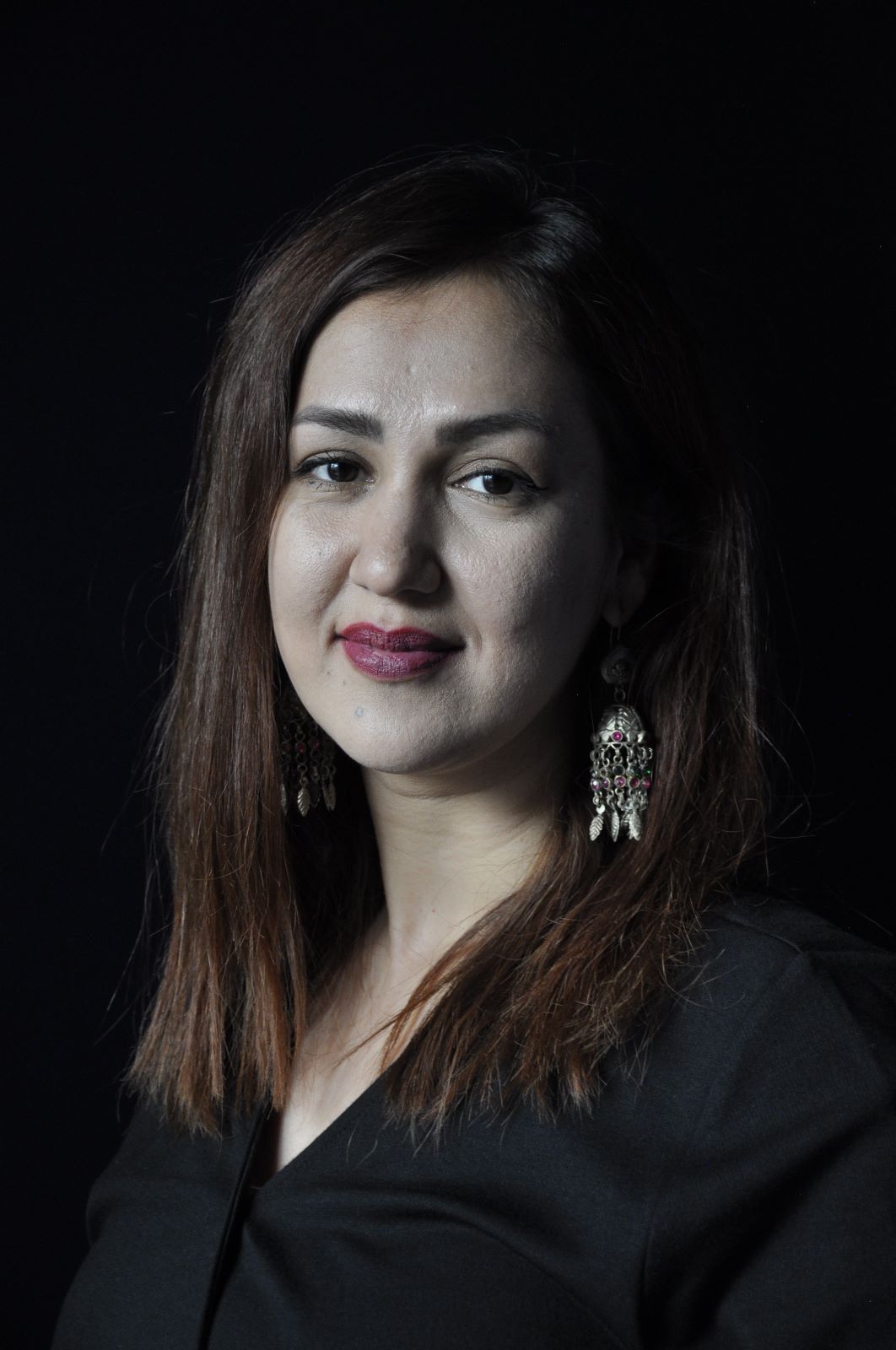دخترانی که مبارزه تنها انتخابشان است
باران میبارد! دختران چتر در دست با لباسهای رنگی با خندههای آمیخته از خستگیِ یک روز آموزشی، یکی یکی از مدرسه بیرون میشوند و به والدینی میپیوندند که با دنیای از امید، انتظار فرزندان دانشآموزشان را در بیرون از مدرسه میکشند.
هر روز که ساعت به چهار نزدیکتر میشود تنم را به ناچار به سوی مدرسه میکشانم. این تن، مادریست که فرزند دختر دارد. مادری که سالهای زیادی از عمرش به دلیل دختر بودن در سرزمینی که حتی خندیدن برای دختران تابو بوده و است؛ در محرومیت گذشته است.
مادری که هر روز دنبال دخترش به مدرسه میاید دو حس آمیخته با هم دارد حس خوشحالی برای اینکه دخترش بزرگتر میشود و دور از هر محدودیت جنسی در گوشهی دیگری دنیا بیشتر میآموزد اما حس حسرت و نا امیدی برای اینکه دختران، فرسنگها دور از اینجا در سرزمین مادریاش بیشتر از دو سال میشود؛ اجازه رفتن به مدرسه را ندارند.
حق تحصیل از ابتداییترین حقوق انسانی است که زنان در دنیا به آن دسترسی دارند اما زمانی که طالبان افغانستان را گرفت، نگذاشت دختران بیشتر از کلاس ششم به مدرسه بروند.
مادری که در یک سرزمین امن هر روز دنبال دخترش به مدرسه میرود در گوشهایش همواره صدای دخترکانی است که با هقهق و ناله بدون اینکه حصهی از سیاستهای امروز باشند از عقب دروازههای بسته مدرسهها به خانه بر میگردند.
دخترانی که مبارزه تنها انتخاب شان است.
دخترانی که ابتداییترین حق که حق تحصیل است از آنان گرفته شده اما تسلیم نمیشوند.
دخترانی که به خیابان میریزند حتی به قیمت جانشان. دخترانی که هر روز زندانی گروه افراطی طالبان میشوند اما مستحکمتر از قبل بر میگردند و ادامه میدهند.
دخترانی که در دل جهل و تاریکی رویای بزرگ دارند و هر روز جوانه میزنند در مرداب.
Mädchen, denen nichts übrig bleibt als zu kämpfen
Es regnet! Mädchen, mit aufgespannten Schirmen, bunt gekleidet, kommen lachend, und nach einem anstrengenden Schultag hörbar erschöpft, nach und nach aus dem Schulgebäude und treffen ihre Eltern, die ihre Kinder voller Hoffnung draußen erwarten.
Jeden Nachmittag um kurz vor vier schleppe ich meinen Körper mit schweren Schritten Richtung Schule. Dieser Körper ist die Mutter einer Tochter. Eine Mutter, die als Mädchen viele Jahre ihres Lebens unter Entbehrungen und Verboten in einem Land verbracht hat, in dem selbst Lachen für Mädchen tabu ist.
Eine Mutter, die ihre Tochter jeden Tag von der Schule abholt, tut das mit gemischten Gefühlen. Einerseits ist sie froh, dass ihre Tochter, ganz ohne geschlechtsbedingte Diskriminierung, in einem anderen Winkel der Erde aufwachsen und dort mehr lernen kann. Andererseits ist sie traurig und bedauert, dass Mädchen in ihrer Heimat, viele Meilen weit weg, seit über zwei Jahren nicht mehr zur Schule gehen dürfen.
Das Recht auf Bildung ist ein Grundrecht, es gebührt Frauen weltweit. Seit aber in Afghanistan die Taleban wieder an der Macht sind, müssen Mädchen die Schule nach der sechsten Klasse verlassen.
Eine Mutter, die ihre Tochter in einem sicheren Land tagtäglich von der Schule abholt, hört dabei zugleich die Mädchen verzweifelt weinen, die keinen Einfluss auf die Politik nehmen können, vor verschlossenen Schultoren stehen und tief enttäuscht wieder nach Hause gehen.
Mädchen, denen nichts anderes übrig bleibt als zu kämpfen.
Mädchen, die sich nicht damit abfinden, dass man ihnen ihr Grundrecht auf Bildung abspricht.
Mädchen, die ihren Protest auf die Straße tragen, selbst unter Todesgefahr.
Mädchen, die von extremistischen Taleban täglich eingesperrt werden, mit jedem Mal gestärkter aus ihrer Haft hervorgehen und weiterkämpfen.
Mädchen, die, von Ignoranz und Finsternis umgeben, einen großen Traum hegen, und in diesem Sumpf unverdrossen immer neu sprießen.
Übersetzung: Jutta Himmelreich
Girls who have no choice but to fight
It’s raining! Girls, with their umbrellas open, colourfully dressed, emerge from the school building, one by one, laughing and audibly exhausted after a hard day at school, to meet their hopeful parents, who are awaiting them outside.
Every afternoon, shortly before four and with heavy feet, I drag my body towards the school. This body is a daughter’s mum. A mother who, as a girl, spent many years of her life enduring hardships and bans in a country where even laughing is taboo for girls.
A mother who picks her daughter up from school every day does so with mixed feelings. On the one hand, she is happy for her daughter to be able to grow up in another corner of the world where she can learn more and does not have to contend with gender-related discrimination. On the other hand, she is sad and regrets that girls in her home country, many miles away, have been prohibited from going to school for over two years.
The right to education is a fundamental right that must be granted to women worldwide. But since the Taleban have returned to power in Afghanistan, girls have had to leave school after grade six.
While, in a safe country, a mother picks up her daughter from school every day, she hears other girls sobbing in despair. Unable to influence politics in any way and finding school gates closed, they return home deeply distraught.
Girls who have no choice but to fight.
Girls who refuse to accept that their basic right to education is being denied them.
Girls who take their protest to the streets, even at the risk of death.
Girls who are imprisoned daily by the Taleban extremists, and who emerge from their stays in gaol stronger each time, to continue their fight.
Girls who, surrounded by ignorance and darkness, harbour a great dream, and in the swamp, sprout anew, daily, undaunted.
Translation: Jutta Himmelreich
Teilen












